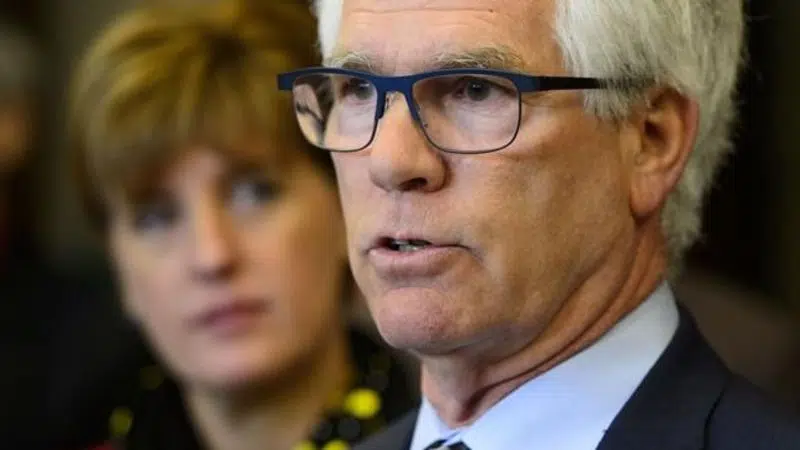
New EDC human-rights policy lacks power, say workers and watchdogs
OTTAWA — Export Development Canada is declaring itself a leading defender of human rights, but workers groups and advocates say the Crown agency’s long-awaited new policy falls well short of what’s needed.
The agency, a lender and insurer for Canadian firms operating abroad, issued its first stand-alone human rights policy Wednesday, declaring itself to be “leading the way in the field of business and human rights” by setting standards for how companies it helps should behave.
But the United Steel Workers of Canada declared it a missed chance to show leadership in global finance, business and human rights.


